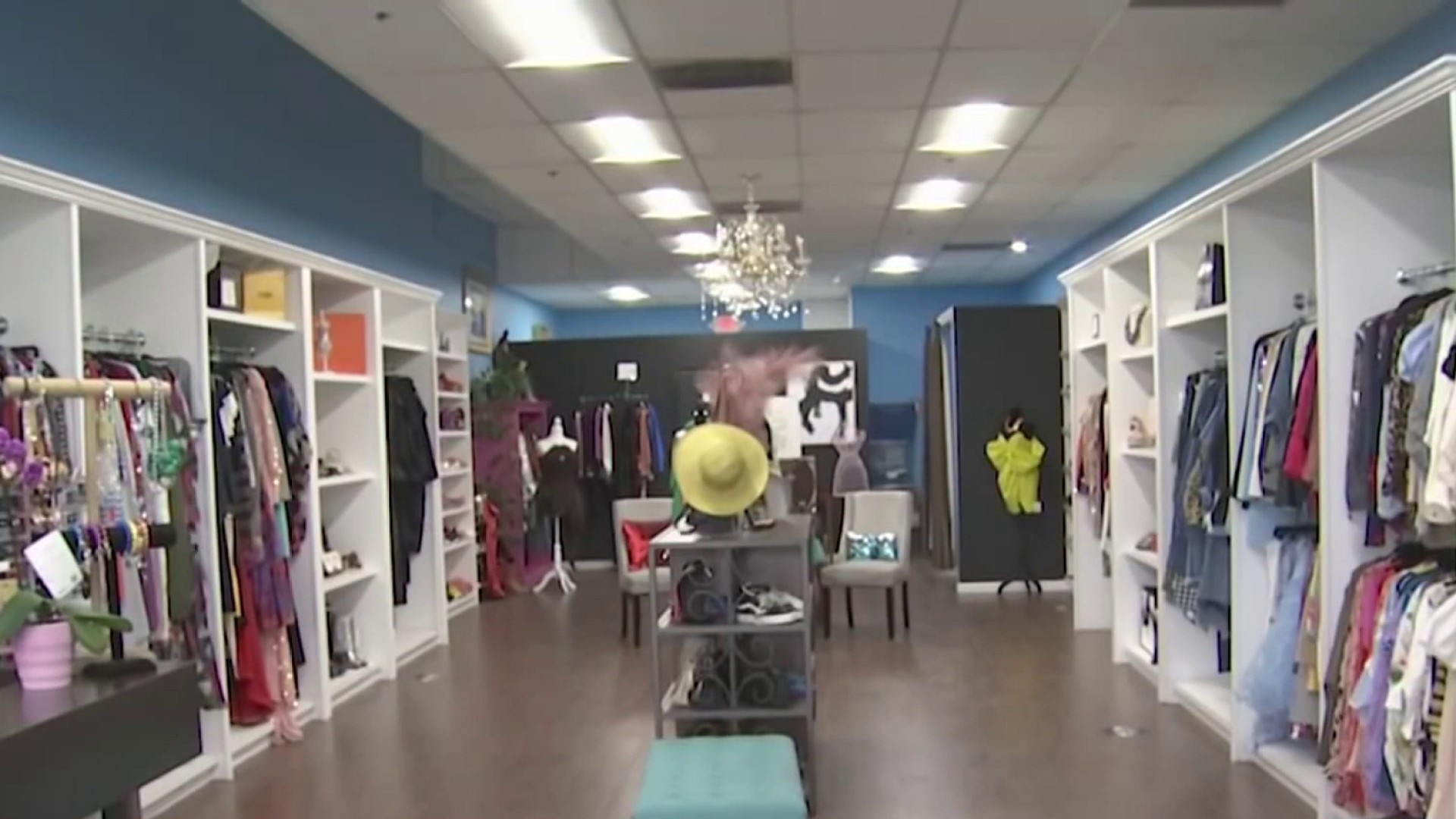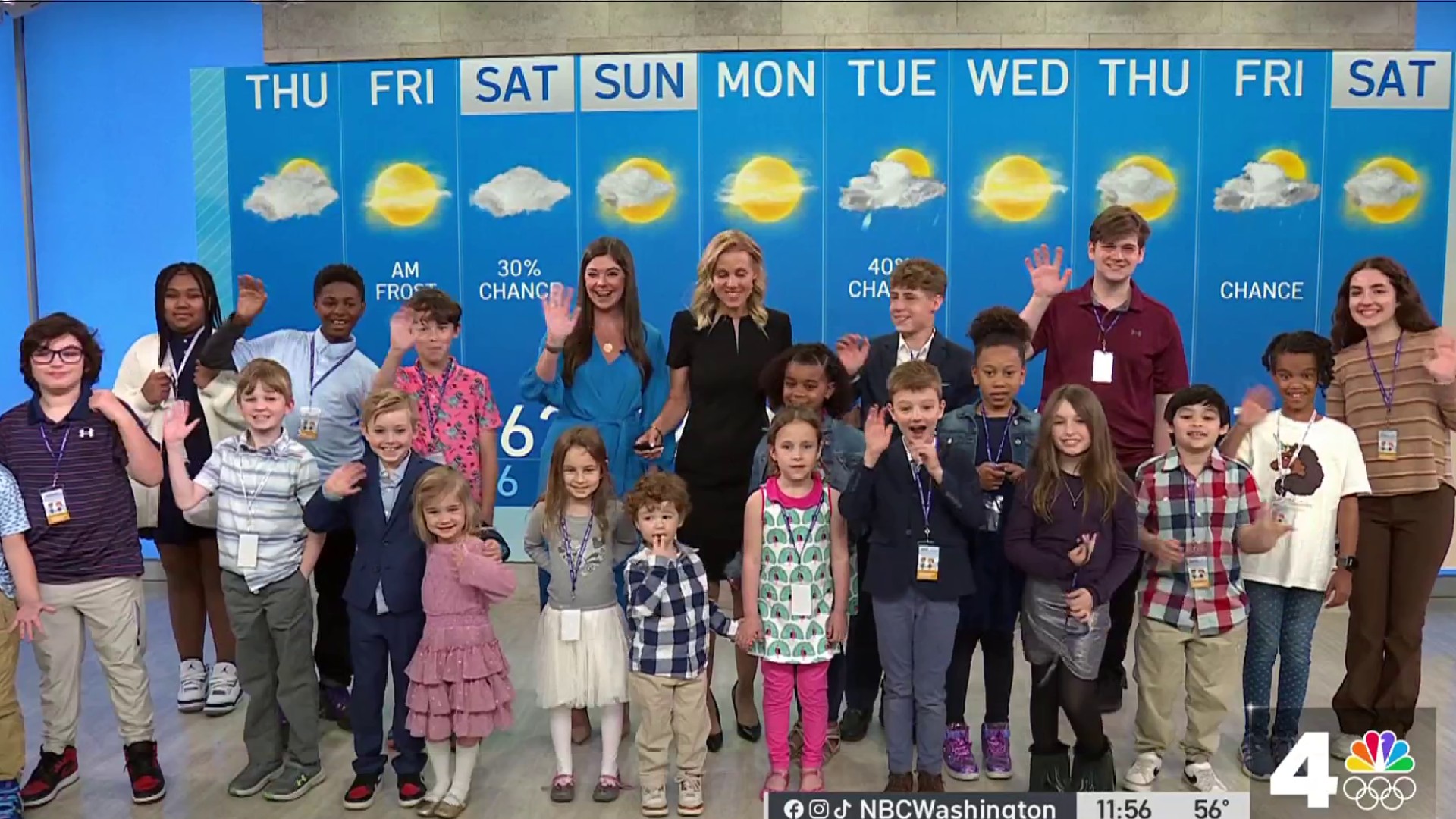GWU #1 In Kissing and Fondling Without Consent was originally published on The Sexist on Dec. 21, 2009, at 4:25 p.m.
The Campus Tolerance Foundation recently conducted a study [PDF] of 2,612 undergrads at 10 colleges to find out, among other things, how prevalent sex crimes against women are on America’s college campuses. The foundation surveyed students from D.C.’s George Washington University, as well as nine other schools -- from Harvard to the University of Nebraska-Lincoln to Texas A&M to UCLA.
The George Washington University came out number one... in attempts to force kissing and fondling without consent!
According to the results of the survey, which was conducted through Facebook over the past year, GWU is the second-most unsafe school for women of the 10 schools surveyed, with 43 percent of female respondents claiming that they had personally experienced (or knew someone who had experienced) sexual harassment or sexual assault. Harvard was rated the most unsafe at 45 percent.
Here are some depressing statistics about old GWU (full disclosure, it’s my alma mater): Eighteen percent of women at GWU claimed to have personally experienced "attempts to force kissing or fondling without consent," the highest percentage across the ten campuses. Three percent of G.W.’s female respondents claimed to have been the victim of "actual forced sex," tying with the University of Minnesota, the University of Nebraska and the University of Florida for the highest percentage of reported rapes. GWU also ranked first in the percentage of female respondents who "personally knew a victim" of an attempted rape, at 24 percent.
While GWU took the dubious top honors in many of these terrible categories, I’m afraid that many of the campuses which came out looking better may actually be worse off for women. Three schools -- the University of Washington, Texas A&M and Harvard University -- repeatedly showed up in the "Best" column in the Campus Tolerance survey, meaning that its undergraduate respondents reported low rates of sexual harassment and assault among themselves and their friends.
While 24 percent of GW students reported to have known a victim of attempted rape, only 10 percent of students at Texas A&M could say the same thing. And while 18 percent of GW students reported being kissed or fondled against their will, only 3 percent of University of Washington students reported being subjected to that.
Local
Washington, D.C., Maryland and Virginia local news, events and information
Of course, on college campuses, a sexual assault problem and an under-reporting problem often go hand-in-hand. Do University of Washington students really keep their hands to themselves, or are those students less likely to recognize an ass grab as fondling against their will? Does George Washington have one of the highest rates of attempted rapes in the country, or are rape victims more likely to talk about their experiences there?
It’s hard to say. But in media reports, GWU has often come off as hotbed of college-aged sexual assault. According to Laura Sessions Stepp, the highly publicized term "gray rape" -- and the accompanying hysteria over the new youth "hook-up culture" -- originated from her conversations with GW students. This year, GW experienced a pretty high-profile instance of mass dorm fondling. The incident led some on campus to blame the victims, but the public narrative about the attack also reinforced the idea that touching and kissing without consent is a serious crime.
I can’t say with any certainty whether sexual assault is more prevalent at GW than at other college campuses. But I do know that in recent years, some GW students have been willing to participate in a very public dialog about campus sexual assault. Some of them have even been willing to put intimate details of their young sex lives up to the scrutiny of aging media experts (see: LSS’ tome inspired by GW’s sex life, "Unhooked"). GW should be criticized for any of its failures to adequately address sexual assault on campus. But it shouldn’t be branded the "Worst" simply because its students are engaged in the conversation. The Campus Tolerance study, unfortunately, can’t make any serious distinction between the two.



